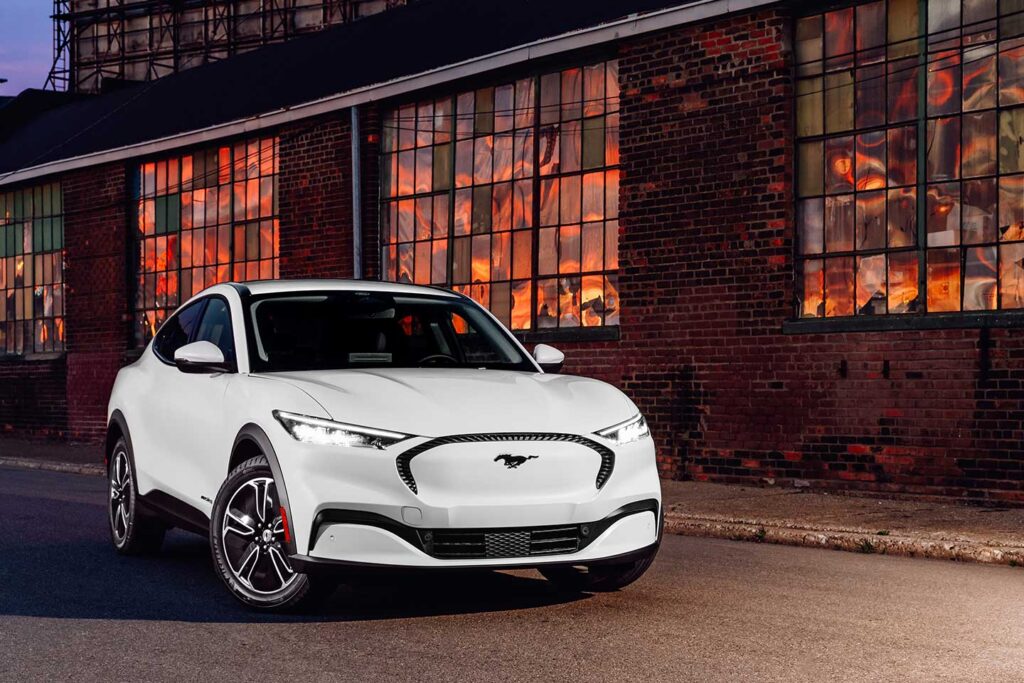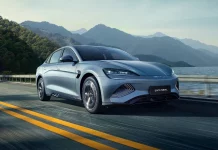Ford Motor Company is planning to re-enter the Indian Market after its exit in 2021. The company is looking towards making India the hub of manufacturing and exporting EVs to the international markets. The company has also hinted at the possibility of selling cars in the domestic market in the future.

The news of this upcoming venture came to light when Ford’s application to participate in the federal government’s Performance Linked Incentive (PLI) scheme got approved. This particular scheme aims at making India a hub for automobile manufacturing and offers incentives to the companies that set up their production units in the country.
Ford, which has two plants in India, said that it is now “exploring the possibility of using a plant in India as an export base for EV manufacturing”. Although the company had left the Indian market just six months back, stating that the Indian market was not profitable for the company and was ready to suffer $2 billion in losses.
While the company has no concrete plans to develop electric vehicles for the Indian market, the company said, “There is no specific discussion on this right now, but it is not out of the realm of future consideration. Ford also plans to serve customers in India with must-have iconic vehicles, including the Mustang coupe.”
This news aligns with Ford’s announcement that it is focusing on electric vehicles and has announced a massive budget of $30 billion globally to develop new fully-electric and new hybrid vehicles.
Considering these announcements and the Indian electric vehicle market, it would be a great time for ford to enter the Indian market as it is still in a nascent stage. But both the Ford plants in the country – one in Sanand, Gujarat, and the other one in Chennai would require significant upgrades in order to be able to start making electric vehicles.
If all goes well, this move could prove beneficial for the Indian market as it would provide much-needed competition as well as affordable electric cars to boost the adoption of zero-emission vehicles in the country.
RELATED:
- Ford F-150 Lightning EV could power up homes for several days
- Ford to spend $20 billion as it pushes for Electric Vehicles
- Toyota patents manual transmission design for electric vehicles
(via)







